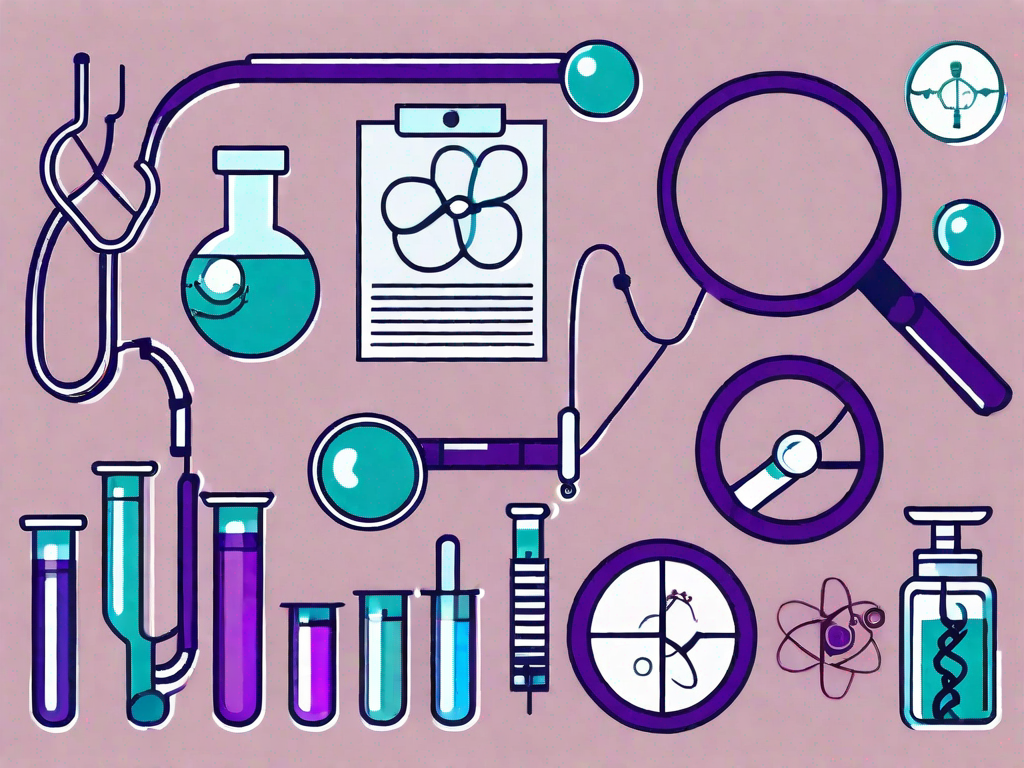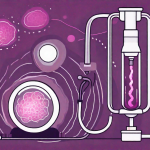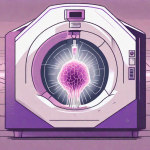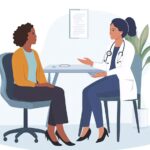This comprehensive guide emphasizes the importance of early cancer detection, providing insights into its significance, risk factors, common symptoms, and knowing when to seek medical attention. By empowering individuals to understand the warning signs, take control of their health, and prioritize early detection efforts, the guide aims to improve outcomes and save lives. With practical information and encouragement, readers are encouraged to stay vigilant, seek timely medical attention, and advocate for their well-being in the fight against cancer.
Cancer is a widespread and devastating disease that affects millions of people worldwide. The key to successfully treating cancer lies in its early detection. By recognizing the warning signs and acting promptly, you can significantly increase your chances of a positive outcome. In this comprehensive guide, we will walk you through the importance of early cancer detection and provide you with the knowledge to identify the common symptoms that could be indicative of this disease.
Introduction to Cancer Awareness: Understanding the Importance of Early Detection
Cancer can develop silently, often without any noticeable symptoms in the early stages. This is why regular cancer screenings and awareness are crucial. Early detection allows for the implementation of more effective treatments and increases the likelihood of successful outcomes. It is essential to be proactive about your health and educate yourself about the warning signs of cancer.
When it comes to cancer, knowledge is power. Understanding the importance of early detection can potentially save lives. By being aware of the warning signs, individuals can take necessary steps to seek medical attention promptly. This can significantly impact the prognosis and treatment options available.
One of the most significant advantages of early detection is the ability to catch cancer in its initial stages. At this point, the tumor is usually smaller and localized, making it easier to treat and potentially cure. Regular screenings, such as mammograms, colonoscopies, and pap smears, can detect cancer before symptoms even appear.
Moreover, early detection not only increases the chances of successful treatment but can also reduce the need for aggressive interventions. In some cases, early-stage cancer may be treated with less invasive procedures, sparing patients from more extensive surgeries or harsh chemotherapy regimens.
Furthermore, being aware of the warning signs of cancer empowers individuals to take control of their health. By recognizing potential symptoms, individuals can promptly consult with healthcare professionals and undergo necessary tests. This proactive approach can lead to earlier diagnosis and treatment, potentially improving the overall outcome.
It is important to note that cancer awareness extends beyond individual health. By spreading awareness and educating others about the importance of early detection, we can collectively make a significant impact on cancer prevention and treatment. Through community outreach programs, educational campaigns, and support networks, we can encourage individuals to prioritize their health and take proactive steps towards cancer prevention and early detection.
In conclusion, understanding the importance of early detection in cancer awareness is crucial for individuals and communities alike. By being proactive about our health, educating ourselves about warning signs, and participating in regular screenings, we can increase the chances of successful treatment outcomes and potentially save lives. Let us all join hands in spreading awareness and working towards a future where cancer is detected early, treated effectively, and ultimately defeated.
Understanding Your Risk Factors for Early Cancer Detection
While cancer can affect anyone, certain factors increase the risk of developing this disease. Family history, exposure to carcinogens, lifestyle choices, and age can all contribute to the likelihood of cancer occurrence. By understanding your individual risk factors, you can actively monitor your health and seek timely medical attention if necessary.
Identifying Common Symptoms of Cancer
Cancer can manifest in various ways, depending on the type and location in the body. The following are some common symptoms that should not be ignored:
- General Physical Symptoms and Changes
- Unexplained Weight Loss: Significant weight loss without changes in diet or exercise, often seen in pancreatic, stomach, esophageal, and lung cancers.
- Persistent Fatigue: Ongoing tiredness not relieved by rest, common in various cancer types, particularly in advanced stages.
- Recurring Fever: Persistent fevers not attributable to other illnesses, potentially indicating leukemia, lymphoma, or other cancers.
- Persistent Pain: Continuous pain, such as unrelenting headaches or back pain, which could be symptomatic of cancers like colon, rectum, ovary, or prostate.
- Skin and External Bodily Changes
- Skin Changes: Noticeable alterations in skin color, texture, or hair growth, signaling potential skin cancers or internal cancers.
- Lumps and Abnormal Growth: Unusual lumps or thickenings in areas like the breast or testicles, necessitating professional evaluation.
- Changes in Bodily Functions
- Altered Bowel or Bladder Habits: Persistent changes in bowel movements (constipation or diarrhea) or urinary frequency, possibly indicative of colorectal, prostate, or bladder cancers.
- Difficulty Swallowing: Consistent trouble with swallowing, a potential sign of throat or esophageal cancer.
- Unusual Bleeding or Discharge: Atypical bleeding or discharge, such as coughing up blood or abnormal vaginal bleeding, which may suggest cancers like lung, colon, rectal, uterine, or cervical.
- Visible Changes in Moles or Warts
- Moles and Warts: Any change in moles or warts, including variations in color, size, shape, or texture, warranting a medical check-up for skin cancer detection.
Knowing When to Seek Medical Attention
While experiencing any of the symptoms mentioned above does not necessarily mean you have cancer, it is crucial to listen to your body and take any unusual changes seriously. Trust your instincts and seek medical attention if you’re concerned. Only a healthcare professional can provide an accurate diagnosis and guide you towards the appropriate treatment.
Taking Control of Your Health through Early Detection
Early cancer detection empowers you to take control of your health. By being aware of the warning signs, understanding your risk factors, and seeking medical attention promptly, you increase the likelihood of catching cancer at its earliest, most treatable stage. Remember, your health is in your hands, and early detection can make all the difference in your cancer journey.
In conclusion, recognizing the warning signs of cancer plays a vital role in early detection. By staying informed, understanding your risks, and monitoring your body for potential symptoms, you can take proactive steps towards protecting your health. Always consult with a healthcare professional for an accurate diagnosis and guidance on your specific circumstances. Your well-being is precious, and early detection could be the key to a brighter and healthier future.






